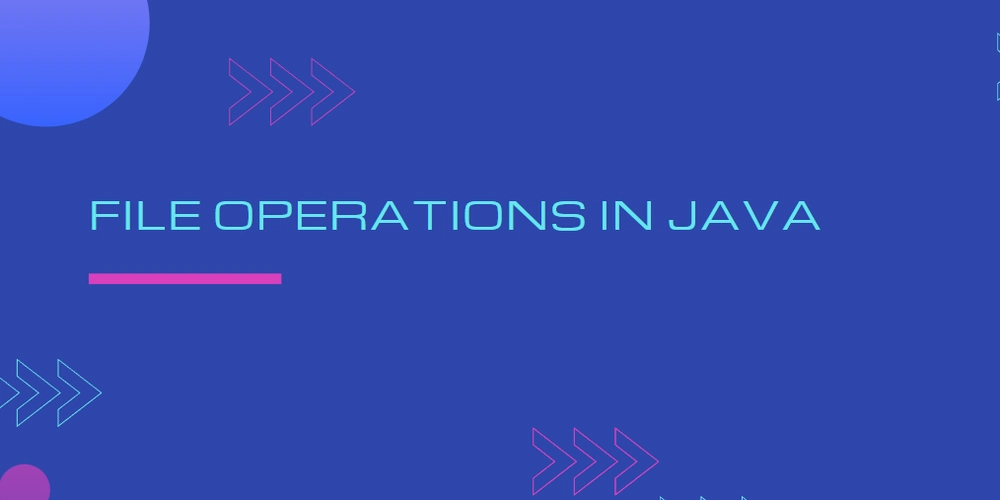javatpoint java interview questions for freshers
Commonly Asked Java interview Questions javatpoint Usually, the questions asked during a Java interview will be a mix of basic concepts and more in-depth topics. Here are some of the most common questions related to Java which you may encounter: What is the difference between a class and an object? Explain the concept of inheritance in Java? What is the purpose of a Java package? Explain how multithreading works in Java? What are the differences between methods and constructors in Java? How does exception handling work in Java? What are wrapper classes and how are they used? Explain generics and how they can be used? What is garbage collection and why is it important? These are just some examples but there are many other questions which may be asked. It is important to be prepared for any type of question that may be asked during a Java interview. It is also important to be able to explain the concepts in detail and provide examples of how they are used in real-world applications. Being able to demonstrate a good understanding of the language and its features will help you stand out from the competition. Java Object-Oriented Programming Concepts To ace your Java interview, you must be aware of the object-oriented programming (OOP) concepts associated with this language. It is essential that you understand how OOP works and its major components. These components are: classes, objects, inheritance, abstraction, polymorphism, encapsulation and interfaces. Each of these components plays a different role in the development of an OOP application. Classes are the blueprints for objects, and they define the properties and behaviors of the objects. Objects are the instances of classes, and they are used to store data and perform operations. Inheritance is the process of creating a new class from an existing class, and it allows for code reuse. Abstraction is the process of hiding the implementation details of a class, and it allows for the creation of simpler and more efficient code. Polymorphism is the ability of an object to take on different forms, and it allows for the same code to be used for different objects. Encapsulation is the process of combining data and methods into a single unit, and it allows for the protection of data from outside access. Interfaces are used to define the behavior of a class, and they allow for the implementation of multiple inheritance. Java Variables and Data Types Java is a strongly-typed language, which means that all variables must have a data type assigned to them. You must be familiar with the various data types available in Java such as int, long, float, double, char, boolean and short. Additionally, you will likely be asked to explain what a variable is in Java and when they should be used. Operators in Java Java has numerous operators which are used for different operations. The most common operators include arithmetic operators (such as +, -, / and *), relational operators (such as ==), logical operators (such as &&), bitwise operators (such as |), assignment operators (such as =) and more. In order to understand how operators are used in Java, you must be familiar with the concept of operator precedence.

Commonly Asked Java interview Questions javatpoint
Usually, the questions asked during a Java interview will be a mix of basic concepts and more in-depth topics. Here are some of the most common questions related to Java which you may encounter:
What is the difference between a class and an object?
Explain the concept of inheritance in Java?
What is the purpose of a Java package?
Explain how multithreading works in Java?
What are the differences between methods and constructors in Java?
How does exception handling work in Java?
What are wrapper classes and how are they used?
Explain generics and how they can be used?
What is garbage collection and why is it important?
These are just some examples but there are many other questions which may be asked.
It is important to be prepared for any type of question that may be asked during a Java interview. It is also important to be able to explain the concepts in detail and provide examples of how they are used in real-world applications. Being able to demonstrate a good understanding of the language and its features will help you stand out from the competition.
Java Object-Oriented Programming Concepts
To ace your Java interview, you must be aware of the object-oriented programming (OOP) concepts associated with this language. It is essential that you understand how OOP works and its major components. These components are: classes, objects, inheritance, abstraction, polymorphism, encapsulation and interfaces. Each of these components plays a different role in the development of an OOP application.
Classes are the blueprints for objects, and they define the properties and behaviors of the objects. Objects are the instances of classes, and they are used to store data and perform operations. Inheritance is the process of creating a new class from an existing class, and it allows for code reuse. Abstraction is the process of hiding the implementation details of a class, and it allows for the creation of simpler and more efficient code. Polymorphism is the ability of an object to take on different forms, and it allows for the same code to be used for different objects. Encapsulation is the process of combining data and methods into a single unit, and it allows for the protection of data from outside access. Interfaces are used to define the behavior of a class, and they allow for the implementation of multiple inheritance.
Java Variables and Data Types
Java is a strongly-typed language, which means that all variables must have a data type assigned to them. You must be familiar with the various data types available in Java such as int, long, float, double, char, boolean and short. Additionally, you will likely be asked to explain what a variable is in Java and when they should be used.
Operators in Java
Java has numerous operators which are used for different operations. The most common operators include arithmetic operators (such as +, -, / and *), relational operators (such as ==), logical operators (such as &&), bitwise operators (such as |), assignment operators (such as =) and more. In order to understand how operators are used in Java, you must be familiar with the concept of operator precedence.










































































































































































![[The AI Show Episode 142]: ChatGPT’s New Image Generator, Studio Ghibli Craze and Backlash, Gemini 2.5, OpenAI Academy, 4o Updates, Vibe Marketing & xAI Acquires X](https://www.marketingaiinstitute.com/hubfs/ep%20142%20cover.png)



























































































































![[FREE EBOOKS] The Kubernetes Bible, The Ultimate Linux Shell Scripting Guide & Four More Best Selling Titles](https://www.javacodegeeks.com/wp-content/uploads/2012/12/jcg-logo.jpg)



![From drop-out to software architect with Jason Lengstorf [Podcast #167]](https://cdn.hashnode.com/res/hashnode/image/upload/v1743796461357/f3d19cd7-e6f5-4d7c-8bfc-eb974bc8da68.png?#)






































































































.png?#)




.jpg?#)































_Christophe_Coat_Alamy.jpg?#)








































































































![Rapidus in Talks With Apple as It Accelerates Toward 2nm Chip Production [Report]](https://www.iclarified.com/images/news/96937/96937/96937-640.jpg)









































































































































